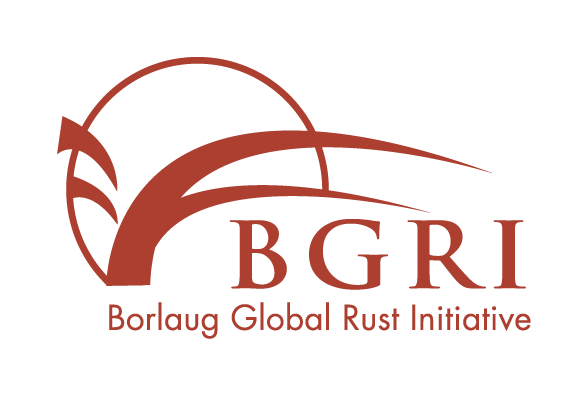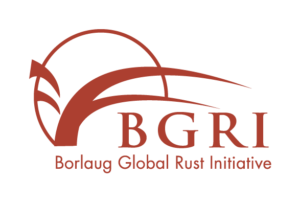The Borlaug Global Rust Initiative (BGRI) is thrilled to announce the 2021 Jeanie Borlaug Laube Women in Triticum (WIT) Early Career and Mentor awardees honoring wheat scientists working to protect food security around the world.
The WIT awards recognize talent and dedication from both early career women scientists and those who have exceled at mentoring women working in triticum and its nearest cereal relatives. This year’s winners are pioneering new approaches to wheat and hail from parts around the world: Nepal, Pakistan, Syria, the United Kingdom, U.S. and Zambia.
“One of the greatest highlights serving as Chair of the Borlaug Global Rust Initiative is announcing each new group of Women in Triticum award winners,” said Jeanie Borlaug Laube, daughter of Nobel Prize-winner Norman E. Borlaug. “I have great confidence this cohort will continue the excellent work of the previous winners and continue to strive towards my father’s goal of food security across the world.”
The WIT Early Career Award provides early career women working in wheat with the opportunity for additional training, mentorship and leadership opportunities. The WIT Mentor Award, first awarded in 2011, recognizes the efforts of men and women who have played a significant role in shaping the careers of women working in wheat and demonstrated a commitment to increasing gender parity in agriculture.
“This past year was challenging, but this group of early career scientists continued their important work overcoming many obstacles. This kind of resilience displays the type of leadership that exemplifies the WIT award,” said Maricelis Acevedo, director for science for the BGRI.
Since founding the WIT awards in 2010, the BGRI has recognized 60 early career award winners and 11 mentors from 25 different countries.
“The long-term challenges facing wheat production, whether biotic stresses or climate change, are global in their threat and solutions will require collaboration of a global community of scientists,” said Acevedo. “The 2021 WIT winners take their place among the previous winners and the BGRI is proud to continue to foster cooperation among this group of exceptional scientists.”
2021 Early Career Award Winners
Elina Adhikari
from Nepal, is a plant geneticist at the University of Wisconsin-Madison. The research associate’s current research is to conduct genetic mapping and develop methods for optimizing genetic gain through plant breeding. She earned her undergraduate degree in 2012 from Tribhuvan University in Nepal, an M.S. from North Dakota State University, and a Ph.D. in genetics from Kansas State University. At Kansas State, she worked under the supervision of Eduard Akhunov on a dissertation examining the genomic basis of eco-geographic adaptation in wild relatives of wheat for improving drought and heat tolerance in bread wheat. The preliminary field trials demonstrated that some of the inter-specific lines with wild relative introgression outperform the best checks suggesting that the genetic diversity in wild relatives could be utilized for breeding climate-resilient wheat varieties.
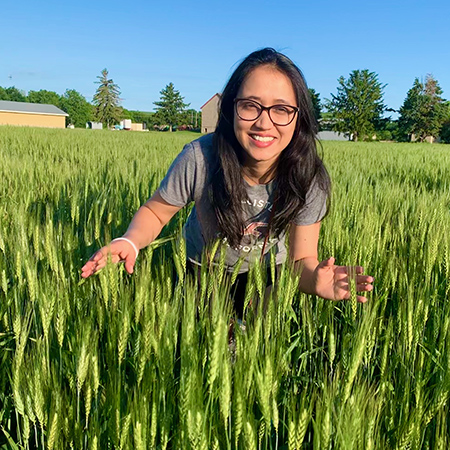
Reem Joukhadar
from Syria, is a research scientist within the computational biology group at AgriBio, Agriculture Victoria, Australia. Her current research focus is developing wheat cultivars with high grain yield, nutritional value, and ability to withstand future climate challenges using advanced molecular and computational tools. She started her professional life at the International Centre of Agricultural Research in the Dry Areas (ICARDA) after obtaining her B.S. in biotechnology from the University of Aleppo, Syria in 2010. Her research at ICARDA aimed to understand the genetic control of major traits in wheat and biotic stresses that limit grain yield. In 2019, she obtained her Ph.D. in molecular genetics with a joint project between La Trobe University and the molecular genetics group at AgriBio, where she used genomics to study the evolutionary history of Australian wheat.
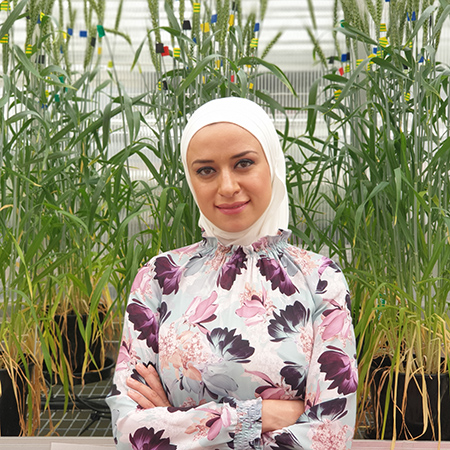
Ms. Mehnaz
from Pakistan, recently completed her Ph.D. at the University of Sydney. Mehnaz, who earned her undergraduate and M.S. degrees from Agricultural University Peshawar, Pakistan, started her professional career in 2009 as a research scientist at Agricultural Research Station under Government of KPK (Pakistan) Agriculture Livestock and Cooperative Department, where she bred cereal crops including wheat, barley, maize and rice. As a part of her research, Mehnaz was involved in wheat and barley germplasm enhancement with a strong focus on resistance breeding applying various traditional and molecular approaches. She screened different germplasm and advanced lines of cereal crop for high yield and disease resistance with a special focus on rust resistance in wheat and barley.
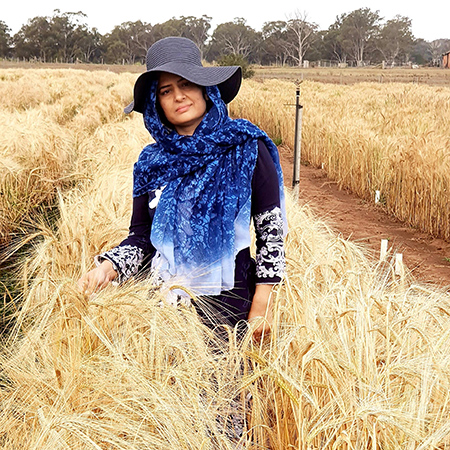
Ella (Ellie) Taagen
from the United States, is a Ph.D. candidate in plant breeding at Cornell University. As a quantitative geneticist, Taagen explores relationships between recombination variation and desirable phenotypes. Working with Mark Sorrells in the Cornell Small Grains Genetics Research Program, she is inspired to enhance breeding pipeline efficiency and genetic gain. Using wheat as a model, her dissertation research is focused on the biological constraints of meiotic recombination in a plant breeding context, and the potential to modify recombination to enhance genetic gain. Taagen also contributes to the scientific community by advocating for equity and inclusion in STEM with student leadership roles that amplify the voices of diverse scholars. She has served as chair of online communications for Cornell Graduate Women in Science, as well as the president of Synapsis, the Cornell plant breeding graduate student association.
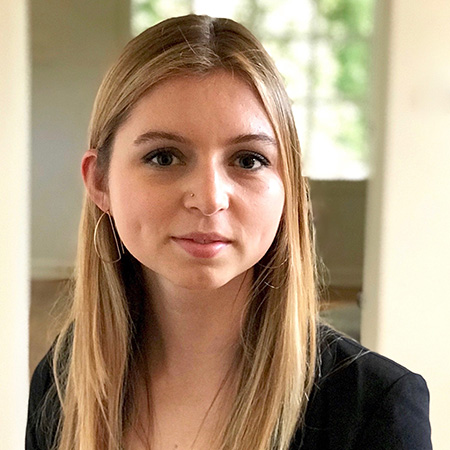
Batiseba Tembo
from Zambia, is a plant breeder in the Ministry of Agriculture in the Zambia Agricultural Research Institute (ZARI), based at Mt. Makulu Central Research Station in Chilanga of Lusaka province in the wheat breeding program. As part of her Ph.D. in plant breeding at the University of KwaZulu-Natal in South Africa, she focused on breeding investigations and validation of molecular markers linked with spot blotch disease resistance in wheat germplasm for the rain-fed conditions of Zambia. Her discovery of wheat blast during the 2017/18 rainy season in Zambia was the first time the disease was observed in Africa. Currently, she is evaluating wheat germplasm to identify sources of resistance to wheat blast that could be used in the breeding program.
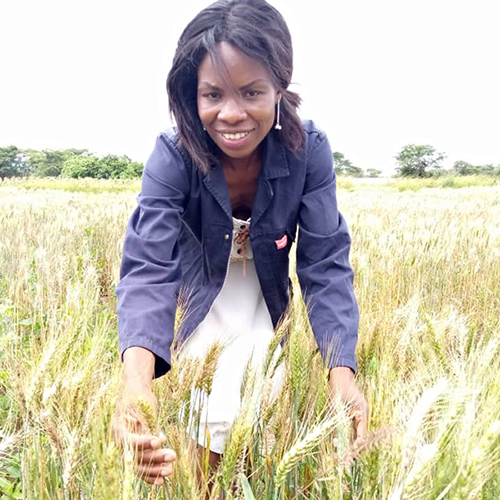
2021 Women in Triticum Mentor Award Winner
Cristóbal Uauy
from the United Kingdom, is a group leader in wheat genetics and genomics at the John Innes Centre where his program focuses improving both yield and quality components in wheat. His lab uses molecular genetic approaches to identify genes involved in wheat productivity traits and enhance the translation of this knowledge into improved varieties for farmers, industry and consumers. He is passionate about training the next generation of crop scientists on both scientific and soft skills. He and his scientific partners have trained more than 100 participants from 27 countries in a series of scientific soft skills workshops in Kenya, India, Morocco, Egypt and the UK. His lab works closely with partners in India, Ethiopia, Kenya, Brazil, Chile and CIMMYT among others. He has demonstrated a commitment to mentorship and the impact their science can have in society and farmer’s fields.
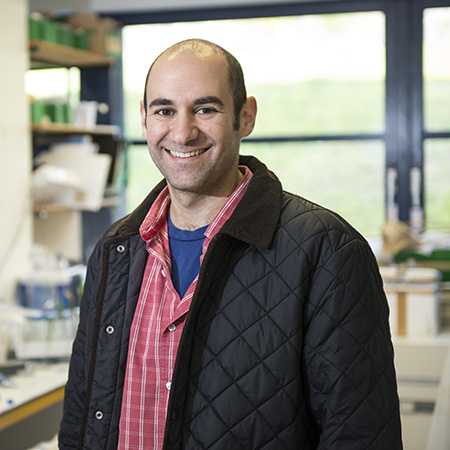
Written by:
John Bakum
Communications Specialist
John Bakum is a communications specialist with the BGRI
